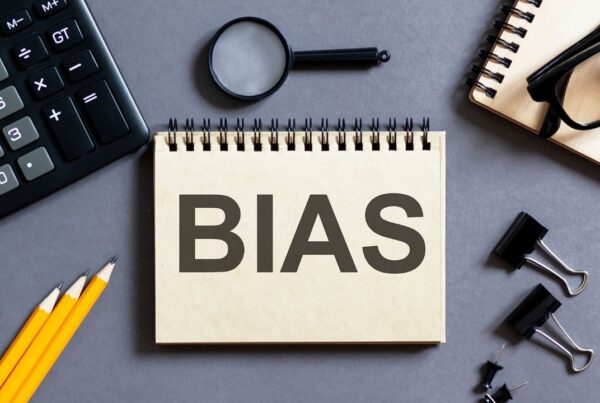The American Bar Association (ABA) recently issued on the legal ethics of lawyers using AI, specifically the use of generative AI (GenAI).
Formal Opinion 512
ABA Formal Opinion 512 is worth reading closely. Not surprisingly, the opinion acknowledges that “self-learning” GenAI tools can assist lawyers in various tasks such as legal research, contract review, due diligence, and more. But there are important concerns and questions.
Critical Questions
At the outset, the ABA opinion identifies several critical questions, namely:
- What level of competency should lawyers acquire regarding a GAI tool?
- How can lawyers satisfy their duty of confidentiality when using a GAI tool that requires input of information relating to a representation?
- When must lawyers disclose their use of a GAI tool to clients?
- What level of review of a GAI tool’s process or output is necessary?
- What constitutes a reasonable fee or expense when lawyers use a GAI tool to provide legal services to clients?
Moving Target
The opinion says that GenAI tools are a “rapidly moving target.” Their capabilities are continually changing, which makes it challenging to anticipate future developments.
For now, here’s the best guidance the ABA can provide based on the Model Rules.
Rule 1.1: Duty of Competence
Understanding AI Tools
Lawyers must develop a reasonable understanding of GenAI tools’ benefits and risks. The ABA notes that modern legal practice necessitates familiarity with technology, comparing the current necessity of understanding email and document creation to the emerging need to grasp GenAI tools.
Ways to Achieve and Maintain Competence
Lawyers can enhance their competence through self-study and online resources. Many free resources are available, but paid options often provide higher-quality learning experiences. The ABA suggests associating with knowledgeable colleagues or learning from AI experts, even those outside the legal profession.
Practical Tips
- Continuous learning is crucial due to the fast-paced nature of technological advancements.
- Check out Allie K. Miller’s course, which I found to be very well developed and not overwhelming (and it’s free)
- Join online lawyer groups or attend workshops, such as Continuing Legal Education (CLE) programs focused on AI and technology.
Rule 1.6: Duty of Confidentiality
Confidentiality Concerns
Lawyers must take reasonable steps to prevent inadvertent or unauthorized disclosure of client information when using GenAI tools. The ABA highlights the inherent risks of inputting client data into self-learning GenAI tools, which could potentially disclose sensitive information to other users of the same tool.
Best Practices
- Avoid uploading sensitive or personally identifiable information. Anonymize data by replacing proper nouns with generic terms before inputting it into GenAI tools.
- Make sure you fully understand the data usage and handling policies of the GenAI tools you use.
Rule 1.4 & 1.4(b): Communication & Informed Consent
Informed Consent Requirements
Clients must give informed consent before lawyers input any representation-related information into GenAI tools. This consent should include a clear explanation of the GenAI tool’s benefits and the specific risks involved, such as potential disclosure of sensitive information.
Effective Communication
Lawyers should communicate clearly and simply, tailoring their explanations to each client’s needs and understanding. Boilerplate provisions in engagement letters are insufficient for obtaining informed consent.
Practical Tip
- Provide detailed, understandable explanations to clients. Use AI tools to translate formal language into more accessible terms.
- For idea generation without inputting confidential information, client consent is not necessary.
Rules 5.1 & 5.3: Supervisory Verification
Verification of AI Outputs
Lawyers must verify the outputs of GenAI tools and not rely solely on them. The ABA cautions against potential issues like citing nonexistent opinions due to AI hallucinations.
Best Practices for Verification
- Establish clear policies regarding the use of GenAI within your law firm.
- Test the accuracy of GenAI tools on smaller subsets of documents to ensure reliability.
Rule 1.5: Reasonable Fees
Billing Practices
Lawyers can charge for the time spent inputting information and reviewing AI-generated drafts. However, they cannot charge for the time spent learning to use GenAI tools.
Practical Tips
- Update engagement letters to reflect AI usage and related costs (here’s an example of how to do that)
Conclusion
Accept the fact that AI is going to continue to change the practice of law. And read the ABA opinion in full to understand its implications for your practice.
Finally, to keep up with developments in GenAI (as well as other technology developments) that affect the legal profession, consider joining this lawyer group.
Use technology to radically improve your law practice by focusing on the few core elements that have the biggest impact.






